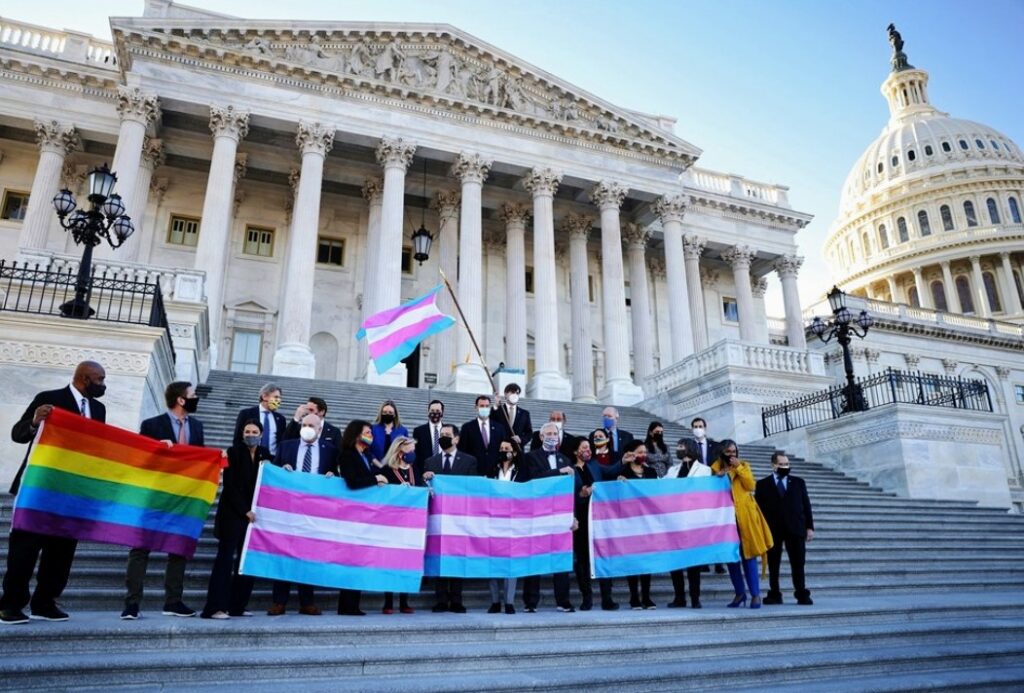
Last week I introduced the topic of the importance of creating a gospel culture in the church. Perhaps you’ve been thinking about that. I certainly have. What I’d like to do today is to expand a little bit further on the subject.
As you and I begin to walk in the grace of Christ, and by that, I mean that we’re personally experiencing the freedom of grace and sharing it with others, everything changes. We find ourselves more mindful of our own sin, and less concerned with focusing on the faults of others. That in and of itself is a seismic cultural shift! But we don’t want to be mindful of our sin so that we can wallow in it, or loathe ourselves, rather we want to be aware of our sin so that we can do our part to repair our damaged relationships. Jesus offers us a funny but serious mental picture of a man who has a huge log sticking out of his own head, but he’s obsessed with removing the tiny splinter from the eye of his brother (Matthew 7:1-5). That’s where we find Christ’s “judge not, that you be not judged” in its proper context.
You see, friends, a gospel culture humbles all of us. When the good news of Jesus is being lived out in, through, and among us, we quickly discover that the ground is level at the foot of the cross. A gospel culture frees us from dangerous and destructive judgmentalism. That’s the power of experienced grace!
There’s a huge difference between hearing about something, and experiencing something. I’ve watched the Masters Tournament on television, but I’ve stood on the Swilcan Bridge. Which do you think I most remember? Hearing about grace is wonderful, because we begin to understand it. But, really experiencing grace sets us on the adventure of a lifetime! We begin to understand our new identity in Christ. We begin to understand the freedom of our salvation. We begin to understand the joys of radical obedience. We begin to triumph over our fears. We begin to love as we’ve been loved. We begin to worship God with all our heart. We begin to walk in victory over our past regrets and our crippling shame!
I’d like to quote a prayer by Scotty Smith: “Jesus, we’re thankful today for the healing truths of the Scriptures, and the liberating power of the gospel. Especially where shame lingers, doing its dastardly, disintegrating work. Indeed, the elimination of all shame is one of the things we’re most looking forward to when You return. Never again will we feel dis-graced, only fully-graced. Never again will we hide in plain sight, because of the wounds that took our voices, hearts, and dignity. Never again will we feel the contemptuous, paralyzing power of shame! There won’t be any desire to cover up, look down, or run away … O, blessed thought … O, glorious freedom!”
This side of heaven, you and I may feel at times like disfigured lepers who must hide the reality of our condition. The stronghold of our past mistakes can feel so intense that we feel compelled to try to disguise our disfigurement. But, now that we’re in Jesus, we can by faith hold our head up high! We sold our soul for a bowl of soup, but we’ve been bought back at a tremendous price!
Did you know that our Lord Jesus took upon Himself the full weight of your guilt, and mine? Did you know that Jesus obliterated the criminal charges that were justly hanging over our heads? Did you know that Jesus was disgraced so that you and I could be full of grace? Ah, the wonders of Calvary’s love! Sheila Walsh arrested my heart with two simple lines: “Grace was never meant to be rationed, something we nibble on to get us through tough times. It is meant to soak us to and through the skin, and fill us so full that we can hardly catch our breath.”
So let’s deeply desire that experiential freedom for one another. In the church, let’s help each other crawl out of the despair that marks a life trapped in the shadows, and let’s step into the healing and joy that can be found only in the burning brightness of the gospel!
Romans 10:11 promises that believers in Christ will never be put to shame. I’m counting on that! And I’m calling on you to count on it with me! Let’s stand, together, on that promise!
Before this is over, I hope that you and I can hardly catch our breath.
Pastor Charles









 Frankly, friends, I’m sorry that our school-age children seem to be losing the snow day. Modern technology means that we can connect virtually regardless of the weather conditions, but please don’t put away the snow day on the shelf of history without at least a good fight over it. After all, there’s nothing wrong with pausing and enjoying – in fact, it’s entirely right to do so! I know that, for the adults among us, snow can mean scraping windshields and rescheduling important appointments. But don’t forget what it can mean for kids: the sledding and the snow forts and the snowmen and the snow cream! So get out there and dive in, if you can. As I said in my sermon Sunday: “We weren’t meant to Zoom forever.”
Frankly, friends, I’m sorry that our school-age children seem to be losing the snow day. Modern technology means that we can connect virtually regardless of the weather conditions, but please don’t put away the snow day on the shelf of history without at least a good fight over it. After all, there’s nothing wrong with pausing and enjoying – in fact, it’s entirely right to do so! I know that, for the adults among us, snow can mean scraping windshields and rescheduling important appointments. But don’t forget what it can mean for kids: the sledding and the snow forts and the snowmen and the snow cream! So get out there and dive in, if you can. As I said in my sermon Sunday: “We weren’t meant to Zoom forever.”

 You were probably as blessed as I by Toyota’s Super Bowl commercial featuring the impressive but humble athlete, Jessica Tatiana Long. Alexandra DeSanctis of the National Review called it “the most touching ad during the Super Bowl.” In terms of overall popularity among all of the other high-priced advertisements this year (the average was $5.5 million per 30-second spot, down just slightly from 2020), this particular ad earned the number-five spot when the evening was said and done. The ad’s punchline was this: “We believe there is hope and strength in all of us.”
You were probably as blessed as I by Toyota’s Super Bowl commercial featuring the impressive but humble athlete, Jessica Tatiana Long. Alexandra DeSanctis of the National Review called it “the most touching ad during the Super Bowl.” In terms of overall popularity among all of the other high-priced advertisements this year (the average was $5.5 million per 30-second spot, down just slightly from 2020), this particular ad earned the number-five spot when the evening was said and done. The ad’s punchline was this: “We believe there is hope and strength in all of us.”
Recent Comments